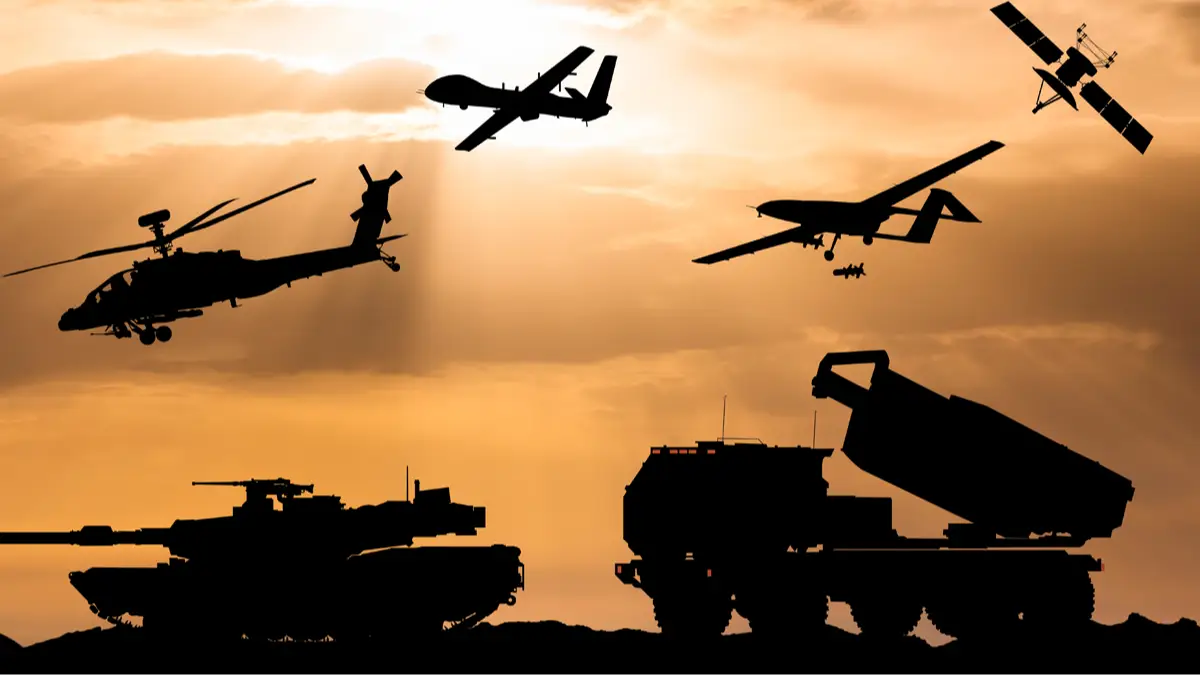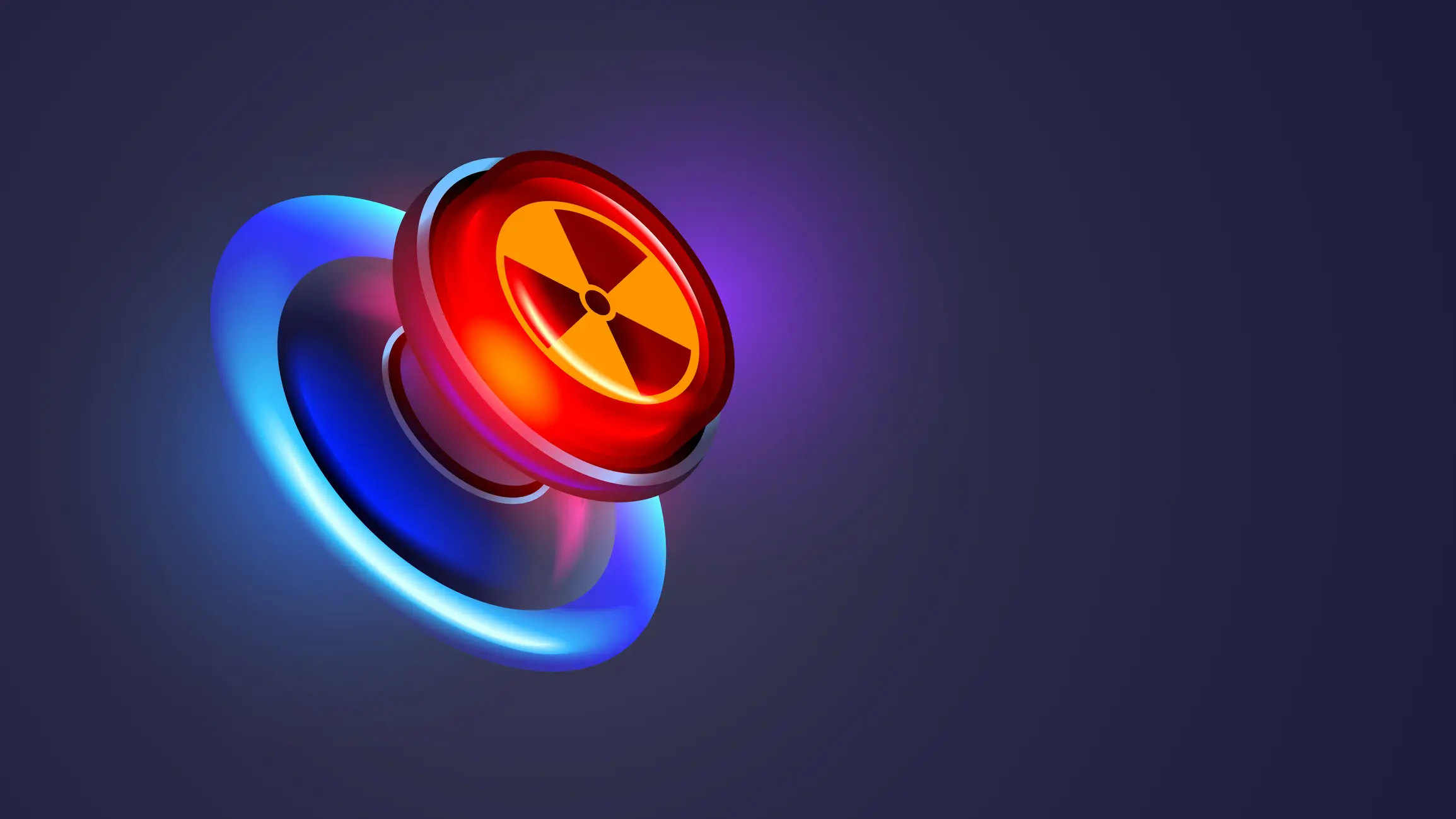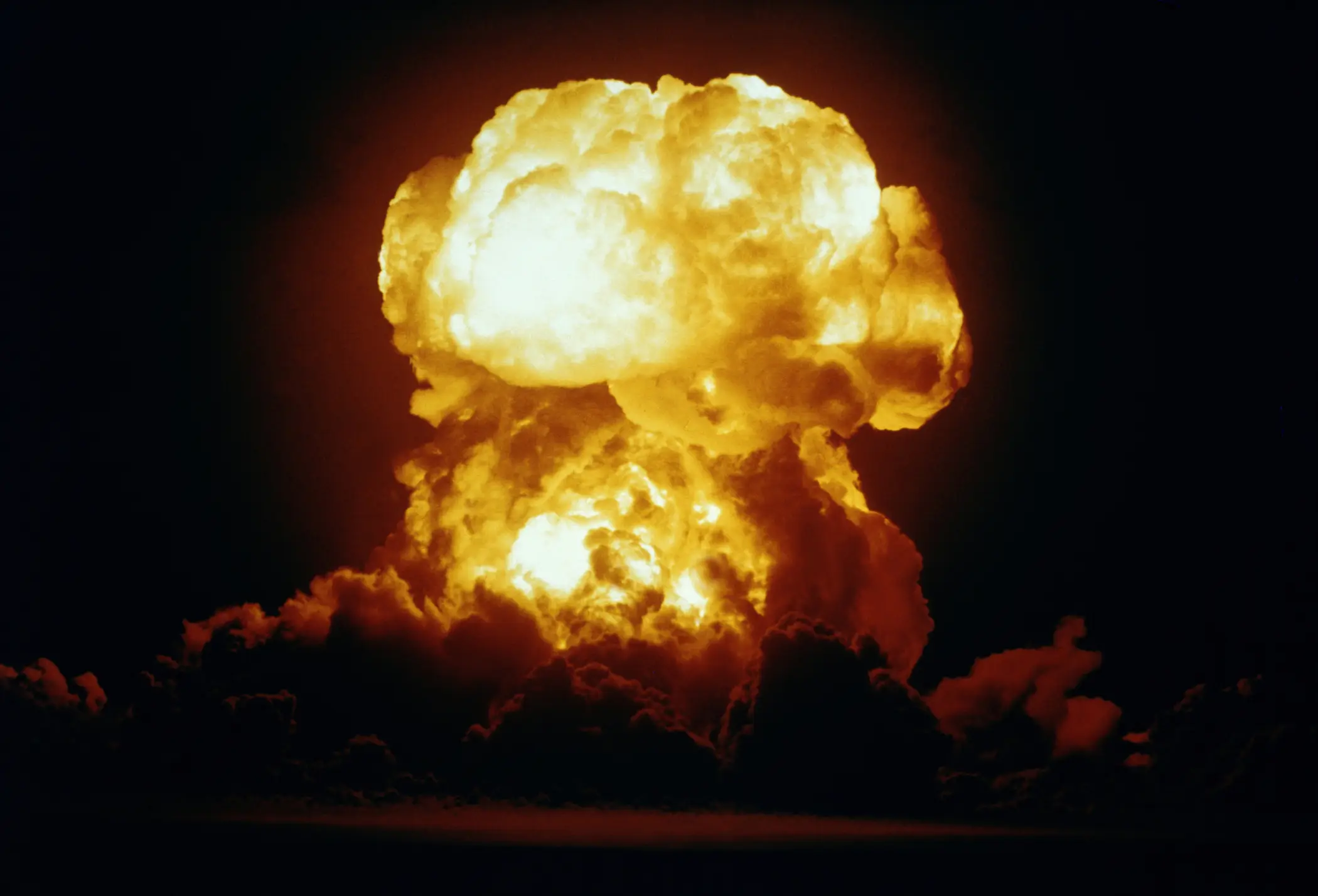
As people's concerns about World War 3 increase, experts have revealed what you should do in the first 10 minutes if it happens.
Nuclear weapons in particular are a concern, something which sparked the US to issue air strikes on three of Iran's nuclear sites in a bid to destroy the country's equipment.
Even JD Vance has expressed concerns about nuclear war, and revealed the moment he thought President Donald Trump had pressed the button.
Vance recalled being on a call with a foreign leader when Trump muted their audio to say that the chat 'isn’t going very well'.
Advert
The president the proceeded to press a red button, sparking Vance to ask what just happened.
"Nuclear," Trump reportedly replied. However, not long after pressing the button someone turned up with a Diet Coke for the POTUS because he'd simply pressed his infamous Diet Coke button.

Jokes aside, nuclear war is very much a concern and an expert has revealed what you should do within the first minutes of a strike.
Per advice from the International Commission on Radiological Protection (ICRP), there's some key things you should do in the first 10 minutes.
"A nuclear detonation, whether from a missile or small portable device, may result in mass casualties," the ICRP says on its website.
"Adequate preparation and appropriate response to a nuclear alert or detonation can protect you and your family's health and life. The best way to protect you and your family before, during, and after a nuclear blast is getting inside the centre of a building or basement.
"On August 6, 1945, Mr Eizo Nomura was in the basement of a building in Hiroshima, about 170 meters from ground zero. He survived the atomic bombing and died in 1982 at the age of 84. Most people within a few hundred metres of a nuclear detonation are not likely to survive, especially if unprepared."

The ICRP goes on to advise: "After a detonation, you will have 10 minutes or more to find an adequate shelter before fallout arrives. If a multi-story building or a basement can be safely reached within a few minutes of the explosion, go there immediately. The safest buildings have brick or concrete walls. Underground parking garages and subways can also provide good shelter."
Nuclear 'fallout' is the residual radioactive material that falls to earth after a nuclear explosion. The aftermath of the blast can be just as dangerous as the explosion itself as it can cause radiation sickness, cancer, and possibly death.
Topics: Life, News, World News, JD Vance, Donald Trump, Politics